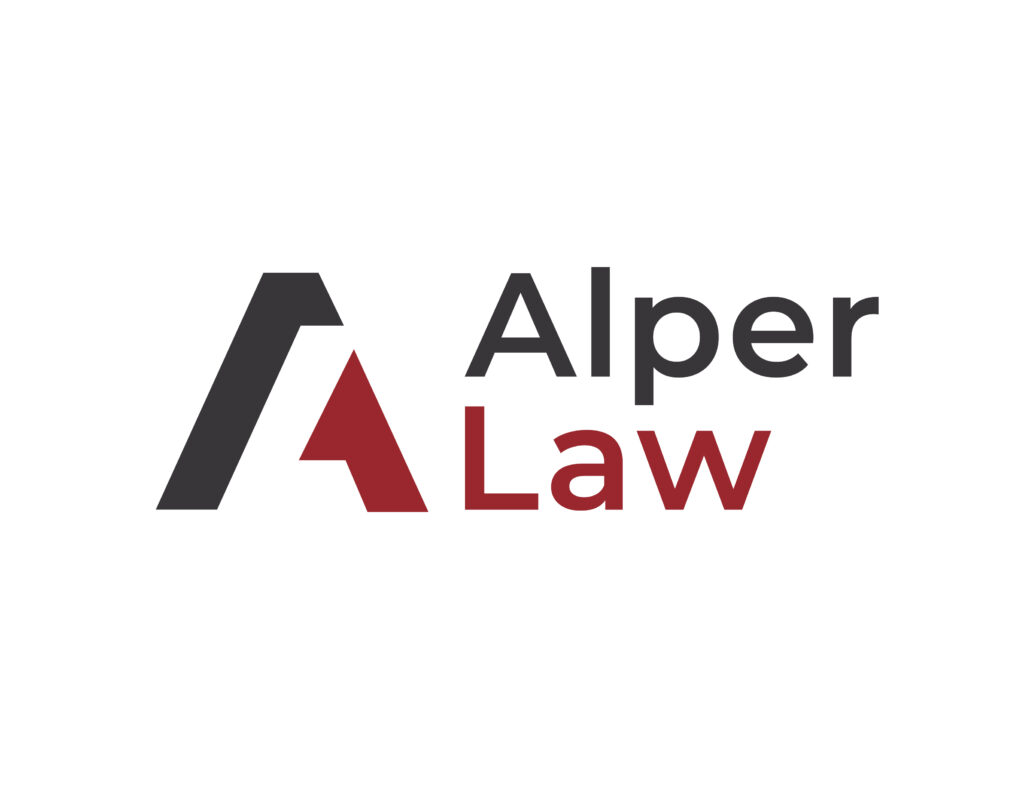If a business is facing financial difficulty, the business owner is usually concerned about what will happen to the business assets and their personal assets if the business can’t pay its lenders. The inability to service business debts likely will cause a default under the terms of the business debt agreements, and the lender may file a lawsuit in order to recover the principal, interest, and legal fees owed under the terms of the debt agreements.
The lender’s legal action will name the business as a defendant, but in some cases, the lender may be able to sue the business owner individually to collect the business debt.
Corporate Shield
The “corporate shield” protects business owners from judgments against the business. Most businesses operate as a corporation or limited liability company.
A corporation and an LLC are legally separate and distinct entities. The business is liable for its own debt, and in the event of debt default, the assets titled in the name of the business are at risk.
But the general rule is that the business owner is not personally liable for the debt obligations incurred by the business entity. The business entity shields the owner from business liability. There is a public policy supporting the so-called corporate shield (or corporate veil) to encourage individuals to risk starting new businesses without putting their personal assets at risk. The corporate shield applies to all business forms, including LLCs and partnerships as well as corporations.
Can You Be Personally Liable for Business Debt?
In many instances, an individual may expose themselves to personal liability for business loans and other debts. The most common instance is the individual voluntarily signing a personal guarantee of business debt. Many lenders require a personal guarantee to extend business credit, especially for new businesses.
The personal guarantee means that a business creditor may sue and attack the owner’s personal assets to enforce a business obligation. The creditor does not have to sue the business, or even attempt collection from the business, as a condition of enforcing a personal guarantee against the individual owner.
Another way an individual may be held responsible for a judgment against his business is if the business creditor can pierce the corporate veil. A creditor may convince a Florida court to pierce the veil and impose a business liability on the individual owner if the court finds that the business entity was established to defraud or “trick” business creditors, and the business did not have a separate and legitimate business purpose.
What Can a Business Do to Protect its Assets if it Cannot Pay a Business Loan?
Even when an individual owner is not personally liable for a business debt, the owner may have significant amounts of cash and other assets invested and held in the name of the business. Some business owners try to protect business assets from creditors by distributing these assets to themselves.
For example, the owner may drain the business bank account and distribute the funds to the owner’s individual bank accounts. If that occurs, the creditor may rightfully sue the owner as a recipient of the fraudulent transfer. The owner who wanted to avoid personal liability will find themself as a defendant in the fraudulent transfer action brought against the business.
There are better ways for a business to protect its cash and other liquid assets without causing liability to the individual owner. One way, for example, entails the business relocating its cash deposits to a different bank that cannot legally be garnished. This strategy protects the business money from creditor collection without making fraudulent transfers to the owner.
Can You Lose Your Assets If You Do Not Pay a Business Loan?
A business owner generally will not jeopardize their personal assets if their business fails to pay a business loan. However, if the owner has personally guaranteed the business debt, then the owner has exposed their assets to business risk.
As in the case of any personal liability or civil judgment, the owner can protect assets that are exempt from creditors under Florida law. These assets include the owner’s homestead property, annuities, and assets owned jointly with his non-debtor spouse as tenants by the entireties.
What If You Cannot Pay an SBA Loan or a Covid Relief Loan
Many businesses have bank loans guaranteed by the Small Business Administration, and there are also many businesses that borrowed money from banks under federal COVID relief programs.
The SBA usually requires personal guarantees of bank loans it guarantees. Some COVID relief programs also required the personal guarantee of the business owner. Businesses that default on SBA or COVID loans usually expose the business owner to personal liability to the federal government. The government typically first refers these defaults to collection agencies. Then, in some cases, the justice department may get involved and sue the business owner to enforce the personal guarantee.
Federal agencies, such as the SBA, have enhanced debt collection rights. Some of Florida’s asset exemptions do not apply, in full or in part, when the federal government is collecting a judgment entered against the individual business owner.
Publisher: Source link












